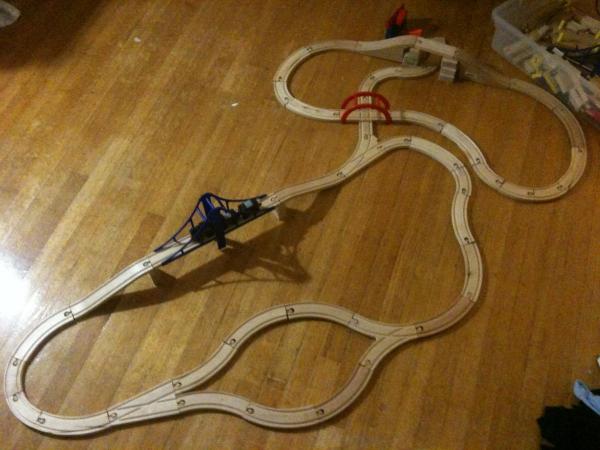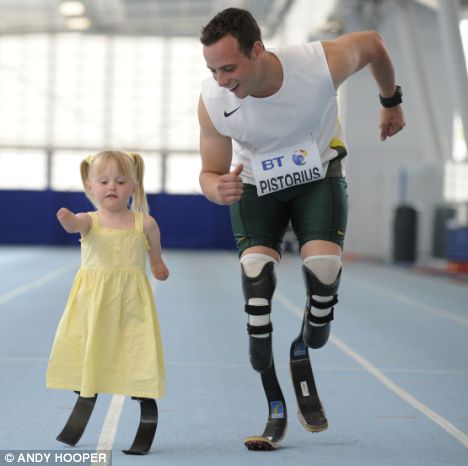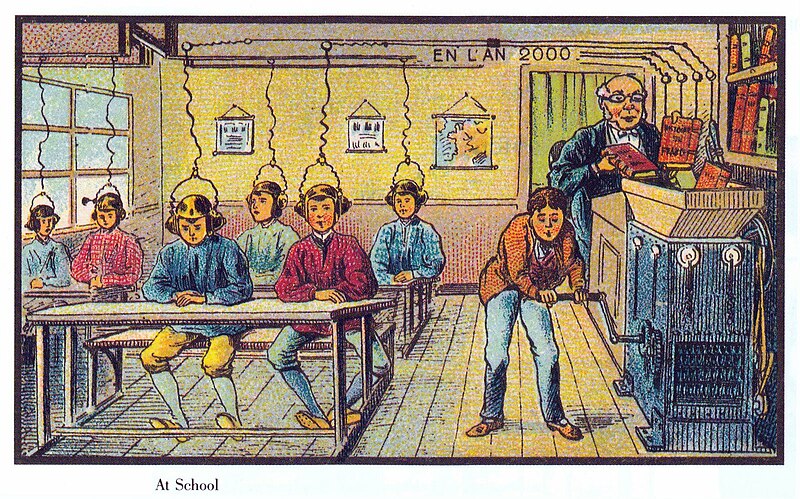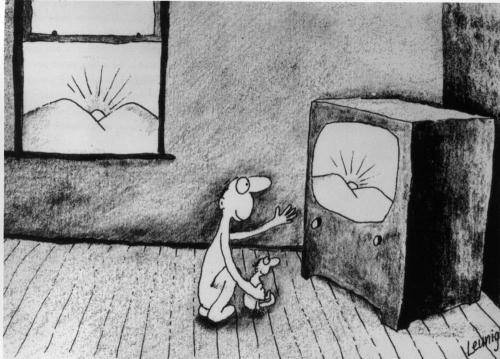Introduction
My colleague and I presented last night to the rest of our colleagues about copyright. We spoke about the state of copyright in Canada, and what implications this has on our classroom teaching & learning. This is the presentation we used. Unfortunately, an article by Larry Kuehn suggested to us that some of what we shared was in fact no longer true. Not wanting to present an incomplete or inaccurate picture to our colleagues, we did some further research.
The first thing we discovered is that Larry Kuehn’s article refers mostly to the impact of Bill C-11, which is not currently in effect (it has yet to be formally passed as a law), which means that although we will have to give another presentation on copyright when the bill comes into effect, our presentation yesterday was still substantially true.
What follows is my interpretation of current and future copyright law, and should not be considered an expert opinion on this matter.
Current Copyright
During the process of our research, we discovered that there are a number of Supreme Court of Canada rulings that do impact education in Canada in the current environment. The Supreme Court of Canada rulings, according to Contact North, operate under three principles:
- An Unequivocal Endorsement of Users’ Rights
- Technological Neutrality as a Foundational Principle of Copyright Law
- Expansion of Fair Dealing
The first principle means that the Supreme Court assumes that users’ rights in terms of copyright use are important and foundational to determining, when there is an apparent conflict between user and copyright holder rights, what right the user has to copy and access copyrighted material.
The second principle re-enforces the idea in current copyright law that copyright should be technology neutral. For example, it is currently not permitted to scan a textbook, and then share that material in an online environment, even when such sharing is of a limited portion of the entire textbook, but it is considered permissible to share the same exact work by photocopying and handing it out. This ruling suggests that if sharing a portion of work is acceptable in one format, it must be acceptable in all formats.
During my MET degree at UBC, we were required to purchase paper copies of the research and articles our professors wanted to share with us, even though the entire program was online. I thought this was kind of ridiculous, but it turned out that UBC was, at the time, required to purchase a separate license for sharing work in a different medium than a photocopy. Now, if my interpretation of this principle is accurate (the recent Access Copyright ruling will also assist in this respect), UBC should feel free to share their educational research in whatever format is most appropriate for them.
The third principle expands the possible uses of fair dealing. For example, the rulings from the Supreme Court indicate that "private study" could include study with a teacher. In particular, "[t]he word “private” in “private study” should not be understood as requiring users to view copyrighted works in isolation." (Alberta (Education) v. Canadian Copyright Licensing Agency , Supreme Court of Canada, July 12th, 2012). Teachers can now make copies of work under fair dealing for the purpose of assisting their students with their private study, provided they are only providing short excerpts of that work, and they are not required to pay any fee to Access Copyright for this right.
Future copyright law
Bill C-11 appears to significantly expand user rights for copyrighted material, in many of the same ways such access has been improved for users of copyrighted material in the United States.
The non-commercial user generated content section of the law, for example, makes it explicitly clear that users have a right to use copyrighted material in their own creations provided such creations are: not for commercial purposes, they cite their source of material clearly, the work they are copying is itself not in violation of copyright, and the work created does not substantially harm the commercial rights of a copyrighted work. This will mean that students will be free to use copyrighted material in their projects (provided they cite their work appropriately), since it should be clear that no student work is likely to harm the commercial interests of a copyright holder’s work.
A further benefit of the law is that it distinguishes between damages for violations of copyright for commercial and non-commercial purposes. Basically, the penalties for copyright violation are greatly reduced for violates that result in non-commercial uses of copyrighted material.
It also adds some limitations for copyrighted material that may be quite difficult for educational instutions to manage. For example, if a student has received copyrighted course material in a course delivered via telecommunications technology (ie, any online course), educational instutions are expected to delete such work within 30 days of the end of the course, as defined by the date students received their end of course evaluations. This could end up be quite cumbersome for teachers, especially teachers who teach the same, or essentially the same, course many years in a row.
What is not addressed
Lawrence Lessig makes an excellent argument for an even greater expansion of user rights for copyrighted material, and Bill C-11 does not go as far as his vision of reformed copyright law. The digital rights management clause of Bill C-11 is problematic, as it almost certainly guarantees that we will continue to see the rise of digital rights management (DRM) materials, as the law allows for modification of work which has no DRM, and no modification of work with DRM included.
The law does not recognize that ideas themselves are often not generated in isolation, and that allowing for copyright on one portion of a work means that whomever gets to the copyright office first with a trademark, patent, or copyright request will hold copyright on ideas that may in fact be the culimation of many people’s work. Stephen Johnson describes how ideas are usually formed in networks, and that it can be difficult to attribute an idea to a specific individual. Copyright law still assumes this is not the case – that ideas are somehow formed in this magical ether separate from the rest of humanity. As Sir Isaac Newton observed, "If I have seen further it is by standing on ye sholders of Giants [sic]."
Copyright law is generally biased toward people with the resources to fight for their copyright, and to promote their work over others. The new copyright law does not significantly address this inequality. We have situations around the world where companies are bought and sold because of the patents they hold, since the potential intellectual property rights of those patents is huge, regardless of whether those patents actually ever get used. We have potentially thousands of devices which could improve human existence which will never be created because they aren’t cost effective for the companies that hold the patent, and for which the patents are too expensive for small developers to afford.
References:
Alberta (Education) v. Canadian Copyright Licensing Agency (Access Copyright), 2012 SCC 37
Re:Sound v. Motion Picture Theatre Associations of Canada, 2012 SCC 38
Rogers Communications Inc. v. Society of Composers, Authors and Music Publishers of Canada, 2012 SCC 35
Entertainment Software Association v. Society of Composers, Authors and Music Publishers of Canada, 2012 SCC 34
Society of Composers, Authors and Music Publishers of Canada v. Bell Canada, 2012 SCC 36
Bill C-11, "An Act to Amend the Copyright Act", retrieved September 27th, 2012
Contact North, "The Perfect Storm: Canadian Copyright Law 2012", retrieved September 27th, 2012
Michael Geist, "Beyond Users’ Rights: Supreme Court Entrenches Technological Neutrality as a New Copyright Principle", retrieved September 27th, 2012
Larry Kueh, "Education is the big winner in copyright changes", retrieved September 27th, 2012

















